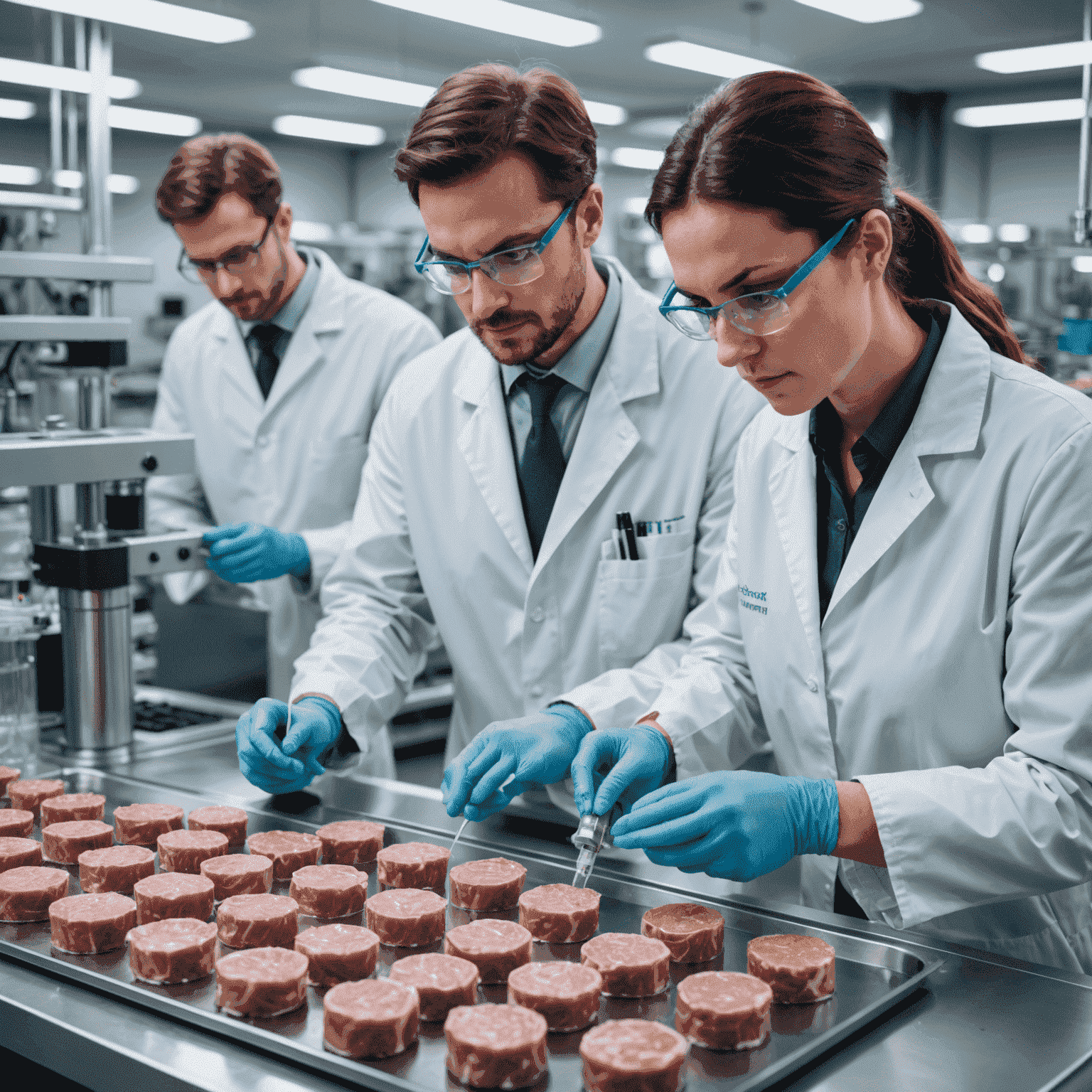Sustainable Protein Innovation: Lab-Grown Meat Startup Secures $50 Million Funding

In a groundbreaking development for the foodtech industry, a pioneering lab-grown meat startup has successfully secured $50 million in funding to scale up its operations to a commercial level. This significant investment marks a major milestone in the pursuit of sustainable protein alternatives and highlights the growing confidence in cellular agriculture as a viable solution to global food security challenges.
Revolutionizing Protein Production
The startup, which has been at the forefront of cultivated meat technology, has developed a proprietary process that allows for the production of real meat products without the need for animal slaughter. By using stem cells and advanced bioengineering techniques, the company can grow meat in controlled laboratory conditions, significantly reducing the environmental impact associated with traditional livestock farming.
Investor Confidence in Sustainable Solutions
The $50 million funding round was led by a consortium of venture capital firms and impact investors who recognize the potential of lab-grown meat to address pressing global issues such as climate change, animal welfare, and food scarcity. This investment will enable the startup to expand its research and development efforts, optimize production processes, and prepare for large-scale manufacturing.
Scaling Up for Market Impact
With the new funding, the company plans to:
- Construct a state-of-the-art production facility capable of producing thousands of kilograms of cultivated meat per year
- Expand its team of scientists, engineers, and food technologists
- Accelerate regulatory approval processes in key markets
- Develop partnerships with established food manufacturers and retailers to bring products to consumers
Environmental and Ethical Implications
The success of lab-grown meat could have far-reaching implications for the environment and animal welfare. Compared to conventional meat production, cultivated meat requires significantly less land, water, and energy, while also reducing greenhouse gas emissions. Moreover, it eliminates the ethical concerns associated with industrial animal farming.
Future of Food Systems
As the global population continues to grow and the demand for protein increases, innovative solutions like lab-grown meat are becoming increasingly crucial. This funding milestone represents a significant step towards creating a more sustainable and ethical food system that can meet the nutritional needs of future generations without compromising the planet's resources.
Conclusion
The $50 million investment in this lab-grown meat startup is a clear indicator of the shifting landscape in food production and the growing importance of agritech solutions. As the company moves towards commercial-scale production, it stands at the forefront of a food revolution that promises to transform the way we think about and produce protein. This development not only represents a triumph for sustainable agriculture technologies but also opens up new possibilities for addressing global food security challenges through innovation and science-driven approaches.